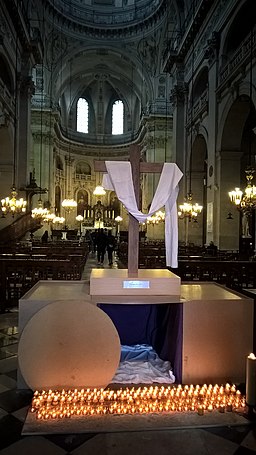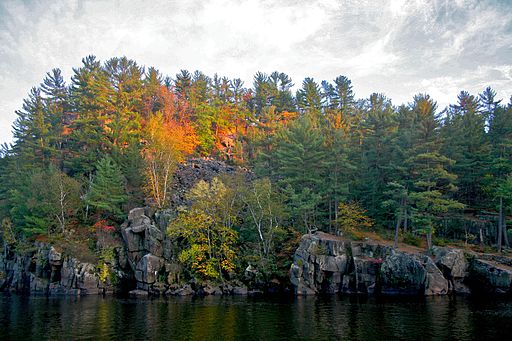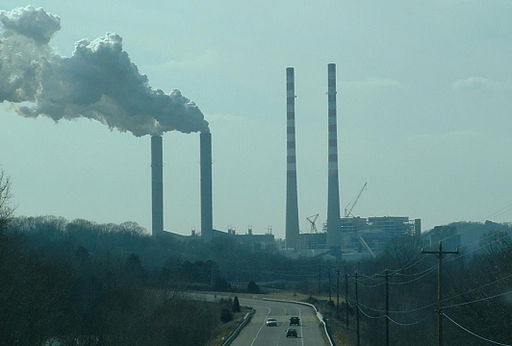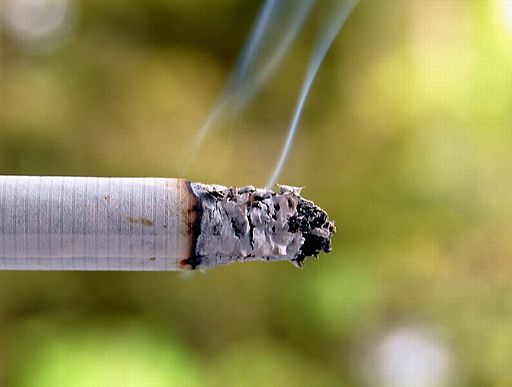Equal Application of the Law
— Matthew 6:5, from the New International Version of the Bible.
When state and local governments include churches, mosques, and synagogues in their lockdown orders due to coronavirus, it might at first glance seem to be an infringement on religious freedom, but such is not the case. It would be an infringement if government singled out particular institutions which were in almost every way like other institutions except for their religious character. In this public health emergency, however, the only concern government officials have with religious institutions is the one characteristic they share with some other institutions, which is how they typically gather together large groups of people, a characteristic more conducive to spreading coronavirus than to tamping it down.
No one is denying religious freedom to churchgoers, only the freedom to go to church in large numbers at one time. Congregating has always been an important element of religious ritual for many people in many religions, but a public health emergency supersedes the wish of some to carry on as always at the expense of and to the detriment of the many. People can still pray, and in most places they can still gather to pray in groups of less than ten or thereabouts.

Replica of Jesus Christ’s tomb at Easter 2017 in the church of Saint-Paul-Saint-Louis, in Paris, France. Photo by Tangopaso.
Church is also a place where they reaffirm to each other their political bond, which is conservative at least, and right wing more often with each passing year. Taking away their church gatherings of dozens or hundreds of people in close proximity to each other is seen by them as prying apart the social and political bonds which are more important to them than the religious bonds affirmed in regular churchgoing. Their pastors can grandstand about supposed government and leftist persecution of their religious institutions, but their real worry is loosening the social and political bonds cemented regularly in seeing and being seen by their fellow congregants.
— Vita 




